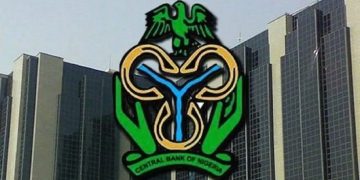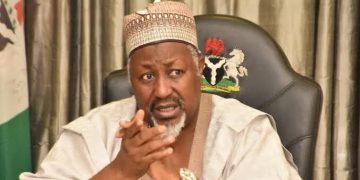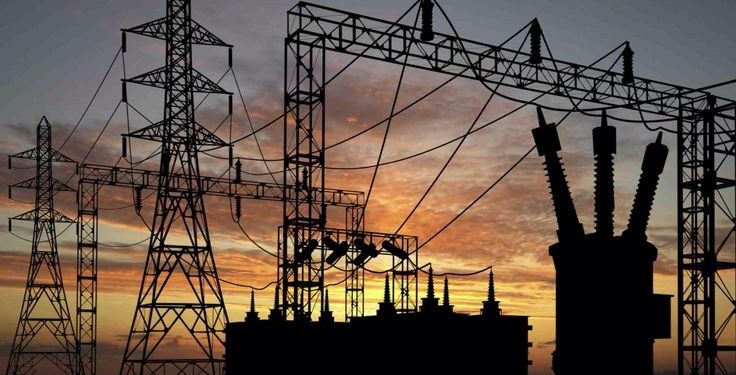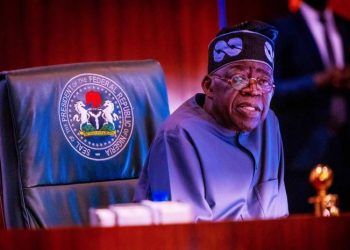Nigeria’s power sector is teetering on the brink of collapse as the Federal Government grapples with over N4 trillion in unpaid debts to electricity generation (GenCos) and distribution companies (DisCos). This financial strain threatens to destabilize the nation’s electricity supply chain, prompting urgent interventions from the highest levels of government.
Breakdown of the Debt
The Minister of Power, Adebayo Adelabu, disclosed that the government owes GenCos approximately N2 trillion in legacy debts, with an additional N1.9 trillion outstanding for 2024 electricity subsidies. DisCos are also owed N450 billion for subsidies in the same period. Adelabu emphasized that this debt burden is crippling the sector, making it challenging for GenCos to perform optimally.
GenCos Sound Alarm
The Association of Power Generation Companies (APGC) has warned of a potential shutdown of operations if the government fails to address the mounting debts. In a statement, APGC highlighted that GenCos receive only 9 to 11 percent of their invoiced payments due to the sector’s “waterfall arrangement,” which prioritizes full payments to some service providers while leaving GenCos underfunded.
Grid Instability Compounds Challenges
The national grid’s instability exacerbates the sector’s woes. In 2024 alone, the grid collapsed 12 times, leading to nationwide blackouts and significant economic losses. The Transmission Company of Nigeria (TCN), responsible for grid operations, has been criticized for inefficiencies and outdated infrastructure.
Government’s Response
In response to the crisis, President Bola Tinubu is expected to meet with GenCos’ leadership to discuss emergency measures. The government plans to pay half of the debt through budget allocations and promissory notes. Additionally, the Ministry of Power is exploring a new subsidy model targeting only those in need, acknowledging that the current system is unsustainable.
Tariff Adjustments and Revenue Generation
To alleviate financial pressures, Nigeria implemented a targeted tariff hike for high usage consumers in 2024, resulting in a 35% reduction in electricity subsidies and generating an additional N700 billion in revenue. Despite these gains, the sector continues to face challenges, including gas shortages and vandalism.
Experts argue that beyond financial interventions, structural reforms are necessary. The African Development Bank has called for prioritizing power sector infrastructure development to boost Nigeria’s industrial growth, emphasizing the need for robust transmission lines, effective distribution systems, and better metering…























































